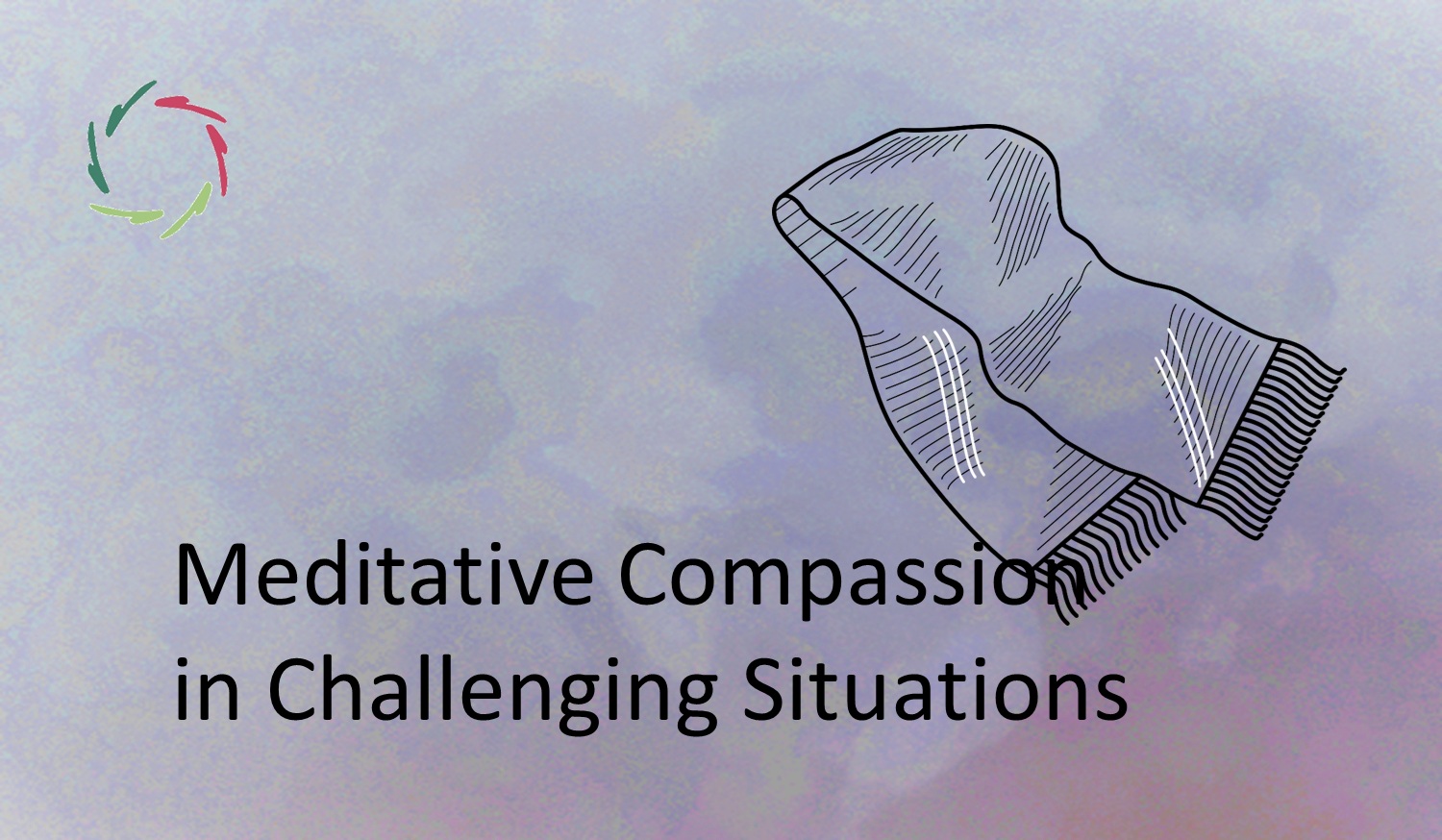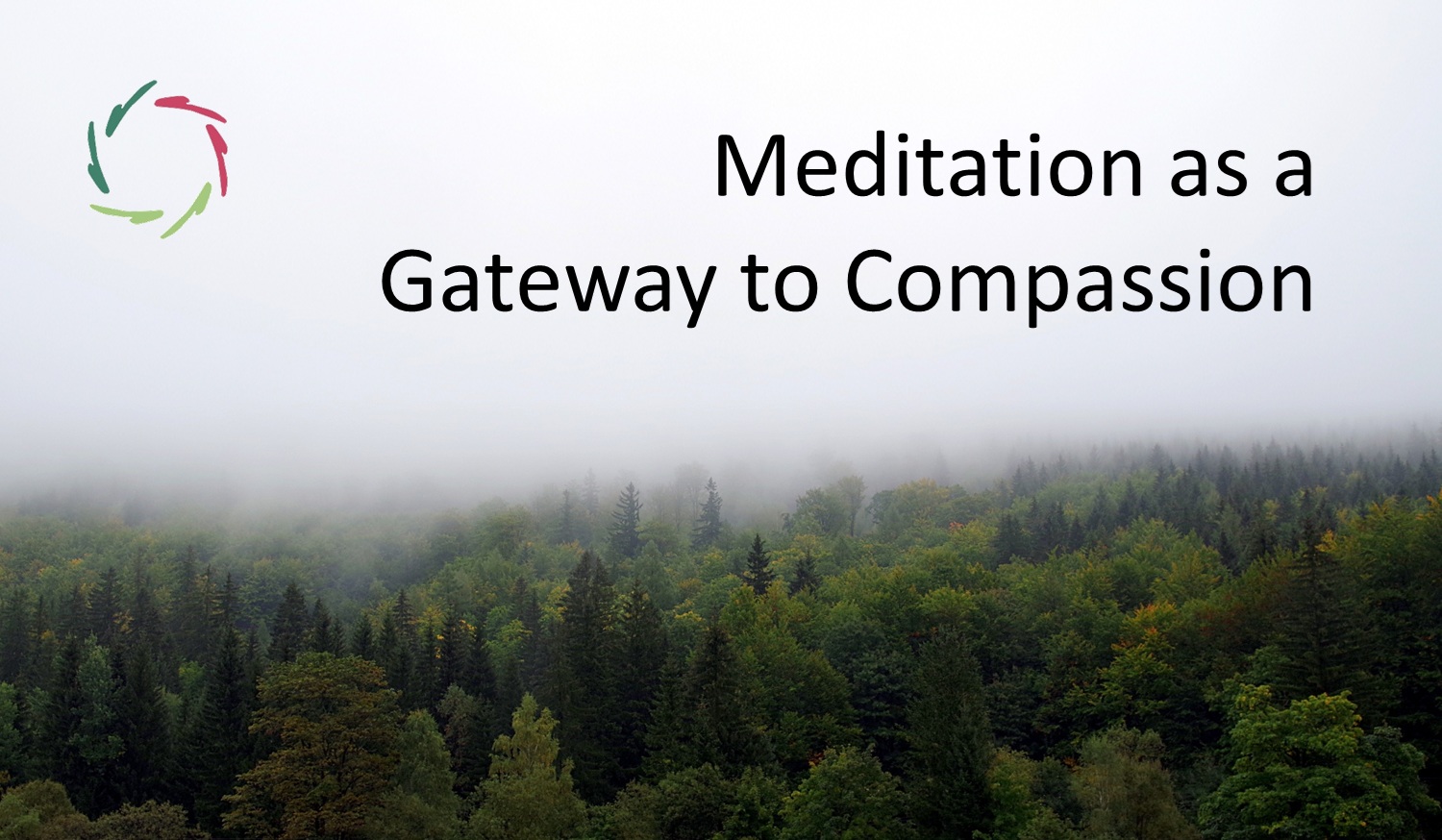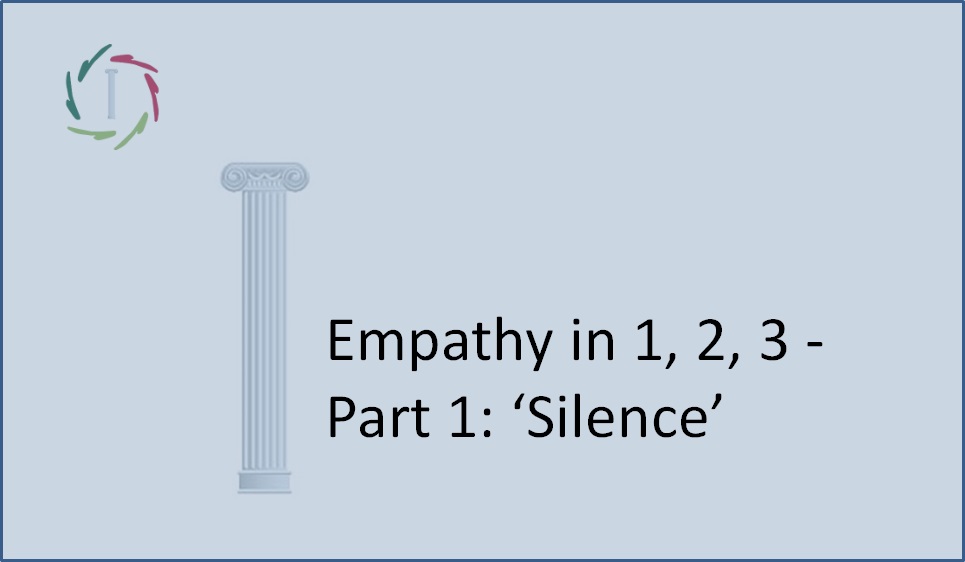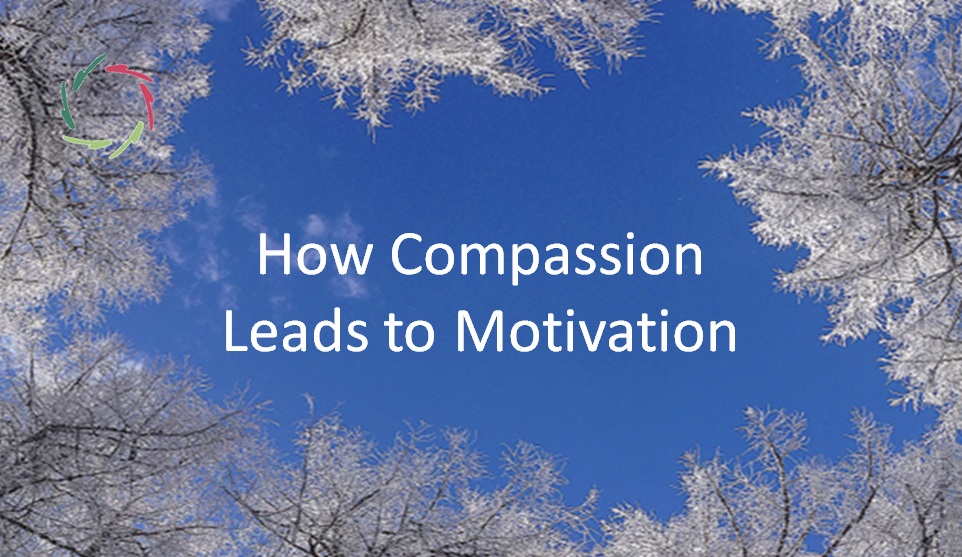Meditative Compassion in Challenging Situations

Compassion is often thought of as ‘just’ a warm, positive force ― something that flows naturally when we feel at peace. Yet, the true test of Compassion lies in how we respond when situations or people challenge us deeply.
Meditative Compassion, cultivated through profound friendliness toward ourselves, has the potential to meet these challenges with resilience.
Staying grounded in Compassion
In meditation, we develop the habit of letting thoughts, emotions, and judgments pass through our awareness without clinging to them. This openness gives us a foundation to face challenging emotions and situations from a place of calm observation rather than reaction.
When faced with people or circumstances that trigger strong emotions, grounding ourselves in this meditative stance helps us respond with Compassion rather than defensiveness or anger.
Question to ask yourself: Can I observe my reaction and breathe through it before responding?
Embracing the inner dialogue
Negative emotions, especially those that arise in challenging interactions, often reflect an inner dialogue of frustration, fear, or insecurity.
Meditative Compassion invites us to turn inward first, observing what these emotions reveal about our own needs or vulnerabilities. Through this inward dialogue, we learn to approach our emotions with acceptance rather than judgment, recognizing that the emotions themselves are simply calls for understanding and self-care.
Question to ask yourself: What need or vulnerability is this situation touching in me?
Compassion as spaciousness
In meditation, we create spaciousness within, allowing thoughts and feelings to flow without immediate reaction.
This spaciousness can be a powerful asset in difficult moments, creating a gap between the trigger and our response. Instead of feeling pressured to react, we can pause, breathe, and let the initial impulse settle. With this space, our reaction can be more aligned with our deeper values, and Compassion has room to emerge naturally.
Question to ask yourself: Can I pause, allowing space for Compassion to shape my response?
Seeing humanity in others
One of the core principles of meditative Compassion is understanding that everyone has their own struggles and inner conflicts.
When we look at others through this lens, we begin to see past the behaviors that challenge us and recognize the shared humanity beneath. This doesn’t excuse harmful actions, but it opens a doorway to empathize with the underlying struggles that may drive such actions.
Question to ask yourself: What might this person be struggling with that I can’t see?
Letting go of judgment
In meditation, we practice friendliness toward ourselves, accepting even difficult thoughts and emotions.
Extending this same non-judgmental attitude toward others, especially in challenging moments, can shift our perspective from one of judgment to one of curiosity and openness. This does not mean condoning negative actions, but it means letting go of rigid judgments that might block us from seeing the bigger picture.
Question to ask yourself: Can I approach this situation with curiosity rather than judgment?
Finding strength in Compassion
Compassion doesn’t mean being passive or allowing others to walk over us. True Compassion, especially in difficult situations, involves maintaining clear boundaries while responding from a place of understanding.
This balance – firm yet kind, assertive yet gentle – is a strength cultivated in meditative practice. When Compassion guides our actions, we not only preserve our integrity but also invite others to respond with greater openness.
Question to ask yourself: How can I hold boundaries compassionately in this situation?
Compassion in action
Ultimately, meditative Compassion transforms challenging situations into opportunities for growth. Each time we choose to pause, observe, and respond from Compassion rather than reaction, we reinforce this quality within ourselves. It becomes not just a momentary practice but a continuous way of being, guiding us through both the calm and the storm.
Meditative Compassion isn’t a quick fix for life’s difficulties, nor does it mean we’ll never feel frustrated or upset. But by cultivating an inner space of acceptance and friendly attention, we develop a Compassion that can meet even the toughest moments.


